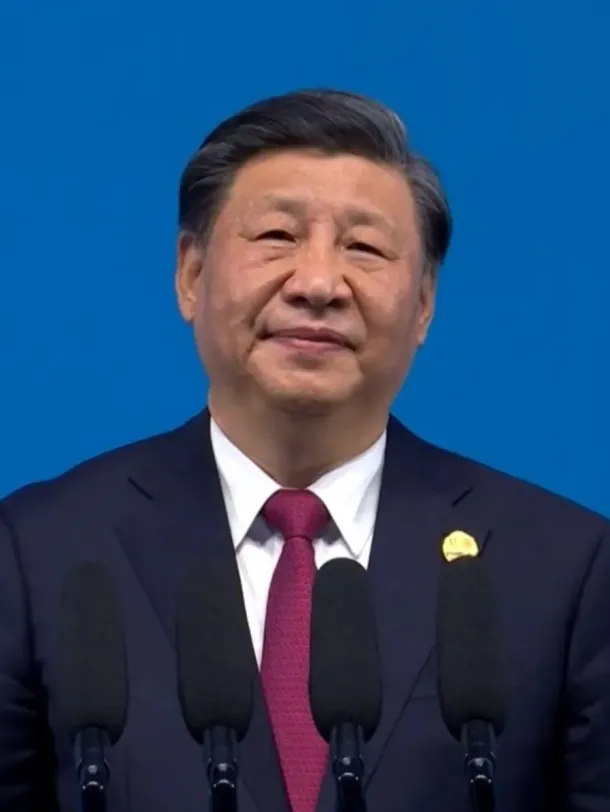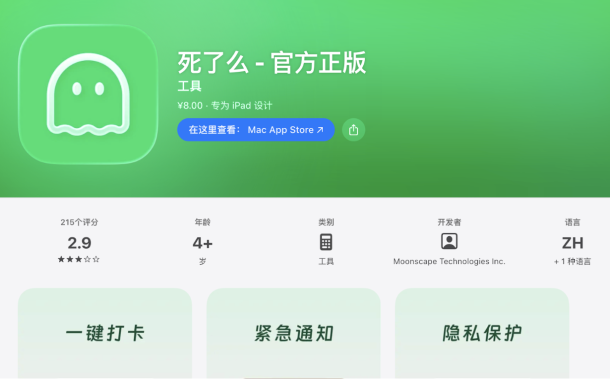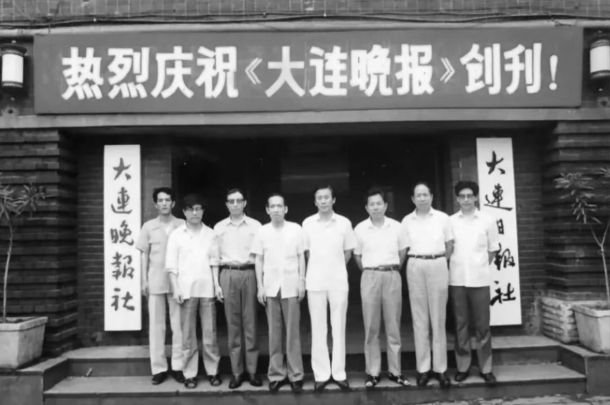A Loyal Megaphone on Labor
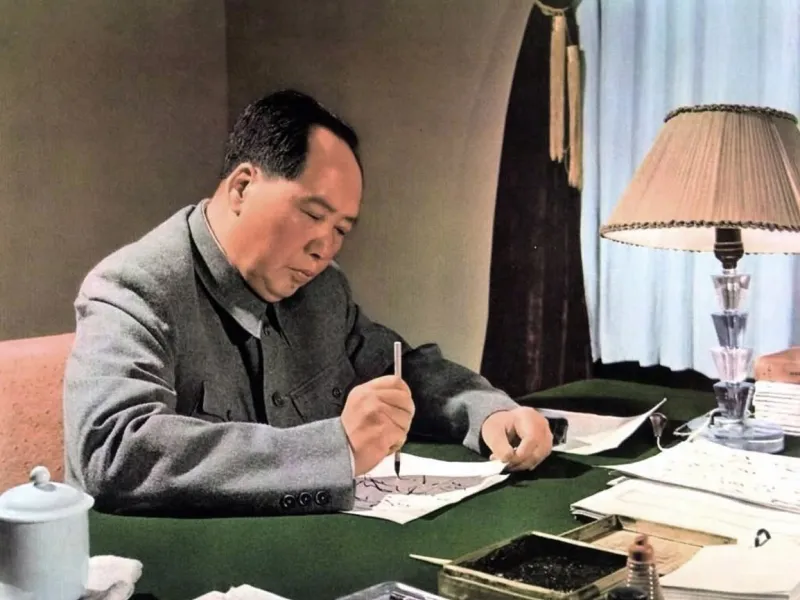
May 1 is a red-letter day for the Chinese Communist Party, which continues to see worker’s rights as at the heart of its identity and legitimacy — even, or especially, in a period when well-paying jobs are in short supply and workers are over-qualified. International Labor Day this year also marks the 100th anniversary of the founding of the All-China Federation of Trade Unions (中华全国总工会), a vehicle for strengthening proletarian unity and a CCP power base in the Party’s early days. The anniversary celebrations on April 28 made the front page of the People’s Daily, with Xi Jinping making a speech about how the federation had been able to “unite and mobilize the working class to follow in the Party’s steps.”
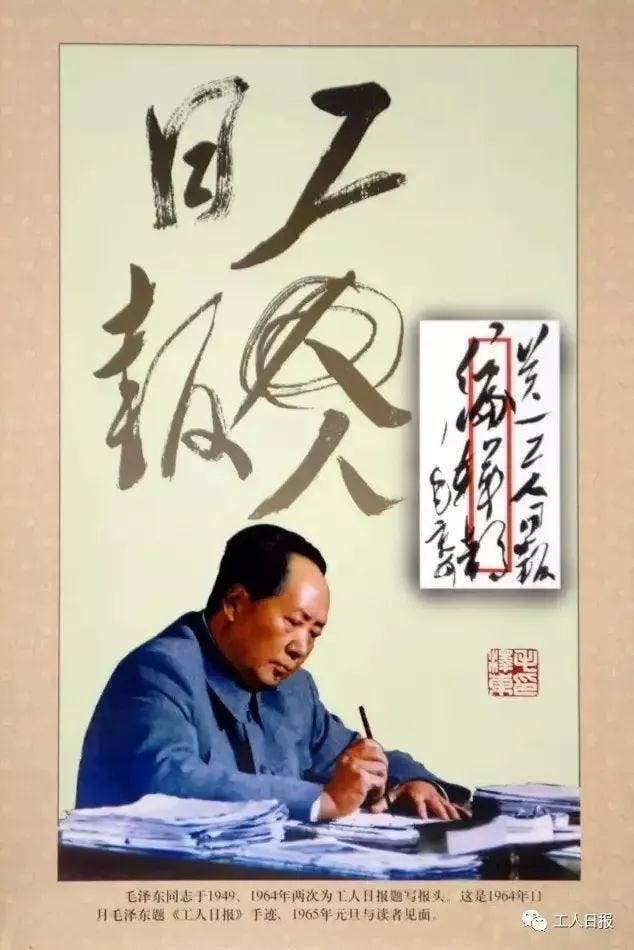
One way they have tried to do so is through their newspaper, the Worker’s Daily (工人日报). From the first days after its launch in July 1949, the outlet aimed to serve an audience of blue-collar laborers not used to the heavy ideological prose of the People’s Daily. Then-head of the Federation, Li Lisan (李立三) — who had spent his early days as a labor organizer in China’s coal mines — imagined a newspaper that could better guide workers on Party thinking by being relatable. Xinhua bulletins, for example, were re-written for the paper in simpler Chinese, with authors selected from among workers across the country.
Relatable propaganda is an idea Xi Jinping has tried to resurrect from the earliest days of his presidency. “Wherever readers are, wherever viewers are, that is where propaganda reports must extend their tentacles,” he told an audience at the PLA Daily in 2015. Like the rest of state media, Worker’s Daily has rolled out a news app and accounts on everyday Chinese apps like Douyin, posting videos of heart-warming stories about the toils of modern blue-collar workers across the country.

